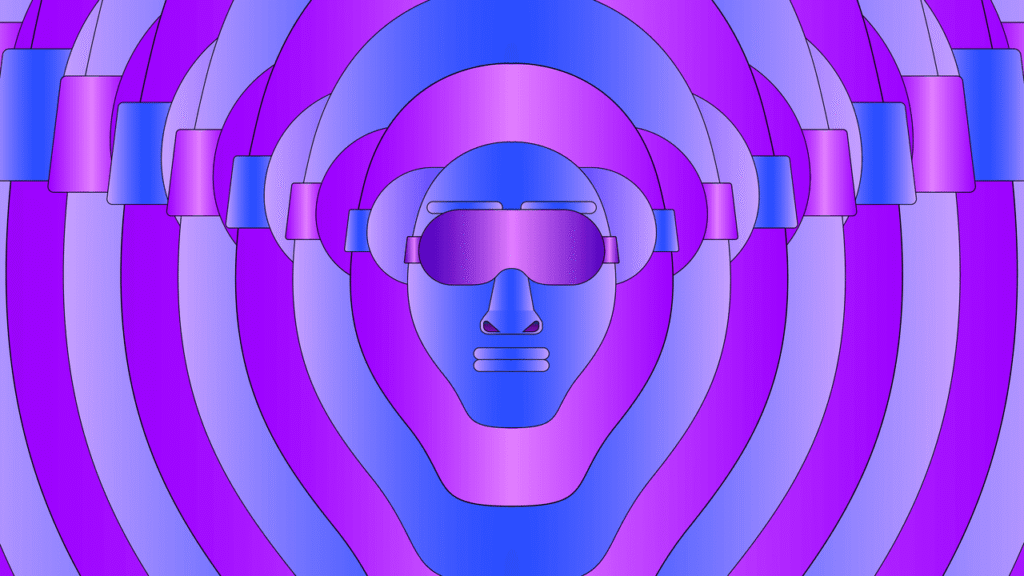“Many of the things that influence our quality of sleep and how well we cycle [through the sleep stages] are related to what we’re eating and drinking during the day and how much caffeine we’re having close to bedtime,” Dr. Morse says.
Dr. Washington says mental well-being is important too. If you don’t have a good way to manage stress or process your emotions, it will impact your sleep, including deep sleep.
Beyond diet, avoiding screens before bedtime, and stress management, Dr. Bhar says it’s important that your room is dark and cool, which is the best environment for sleeping.
2. Go to bed earlier
Remember, deep sleep is so important that the body will prioritize it if you need more of it. For this reason, Dr. Washington says that it can help to go to bed earlier than you are currently. This will help your body prioritize the deep sleep you’re missing out on.
If you find yourself yawning in the evening, Dr. Washington says this is the body’s way of telling us it’s tired and it’s time to head to bed. It’s something most first graders could tell you, but as adults, we often ignore it.
3. Rule out any underlying conditions
Obstructive sleep apnea (a medical condition that disrupts sleep) is way more common than people realize, particularly for men, says Dr. Morse. In the U.S., 25 to 30% of men have obstructive sleep apnea.
Obstructive sleep apnea can get in the way ofdeep sleep because the breathing interruptions lead to waking up throughout the night, constantly interrupting the sleep cycle, says Dr. Bhar If you consistently wake up with that hit-by-a-truck feeling or are constantly fatigued, Dr. Morse recommends making an appointment with a sleep doctor to find out if you have it.
4. Consider your meds
Dr. Morse says that a lot of people don’t realize how many different medications can impact sleep, including deep sleep. A big one, she says, is beta blockers, which are used to treat high blood pressure or migraines. “They can decrease melatonin, which influences the sleep cycle,” she says.
Antidepressants also impact how much deep sleep someone gets, according to Dr. Morse Whether they can help or hinder deep sleep depends on the drug and the person. Consider speaking to your doctor if you suspect they’re working against your ability to sleep.
Simply put, you can’t function if you consistently don’t get enough deep sleep. You’re going to be moody, hungry, and too mentally slow to understand what’s happening on Task. So get to the bottom of what’s keeping you up, even if it means skipping that nightcap and an embarrassingly early bedtime.


